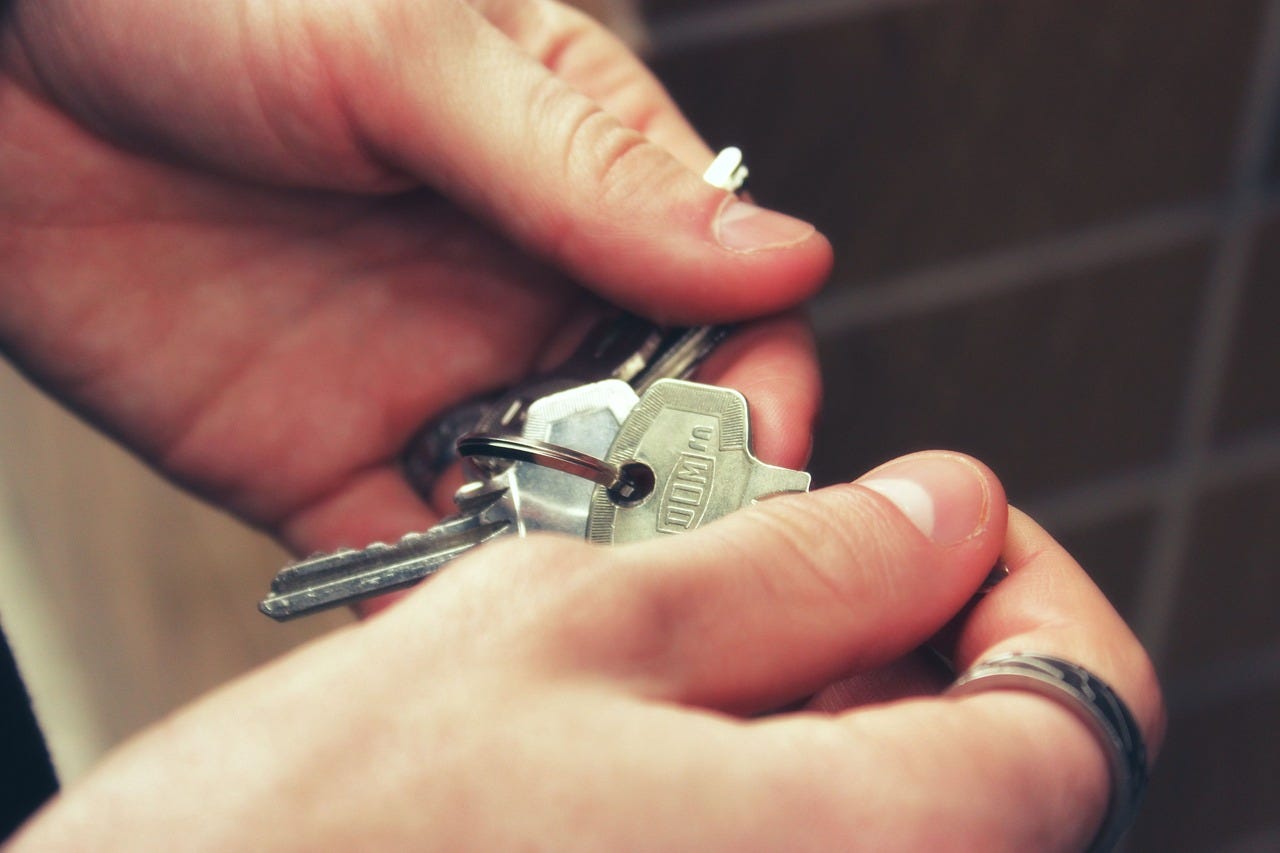Housing Scams to Look Out for When Looking for Your New Home in Groningen
With only a month left until the new academic year begins, the search for housing is at its peak. If you’re looking for rooms or apartments for the first time, be wary that many scammers on the market will take advantage of naive freshmen. Here are some key points we have found to help you avoid being scammed while looking for your new home.
1. Too Good to Be True
If a deal sounds too perfect—like a cheap, fully furnished place near the city centre—it’s likely a scam.
2. Typical Scam Pattern
Often, initial contact is with a "tenant," followed by a "landlord" who is out of town. They may provide an ID to seem legitimate, but it could be fake. They typically ask for a deposit and rent upfront without a viewing.
3. Suspicious Communication
If communication is only through calls, texts, or emails and the landlord avoids meeting in person or arranging viewings, it’s a red flag.
4. Online Viewing Scams
Be cautious of online viewings, especially for unfurnished places. Pay attention to details like typical Dutch interior features, and ask to show the view from the windows (to make sure it matches with Google Maps).
5. Rushed Deals
Scammers often pressure you to finalise the deal quickly and may ask for an advance payment to “lock in” the rental.
6. No Registration
You must register with the municipality (Gemeente) when living in Groningen. If the landlord hesitates or denies registration, it’s suspicious.
7. Payment Methods
Avoid paying in cash or through wire transfer services like Western Union. Always verify the bank account details.
8. Fake Contracts
Scammers may provide fake rental contracts. Use tools like Rocket Lawyer to compare with a legitimate template, or seek help in Facebook groups which focus on debunking scams.
Types of Scams
Email/Online Deposit Scam: Scammers pretend to be landlords who are abroad due to work. They send emails with fake identification to prove their identity. Victims may think it’s legitimate, but scammers often use passports from other fraud victims. The scammer engages in conversation, asks about your work, and sends property photos. Eventually, they request an advance deposit (usually via wire transfer or services like Western Union). Note that these payment methods don’t allow refunds. Even if you don’t pay, they’ll have a copy of your passport for future scams.
Meet and Greet Deposit Scam: You see the property in person. After reaching an agreement, the landlord asks for a deposit (usually in cash). Once you pay, the landlord disappears and doesn’t communicate further.
Sophisticated Meet and Greet Deposit Scam: Similar to the previous scam, but with a twist. After paying the deposit, the landlord gives you the keys. When you arrive at the property (without the landlord), the keys don’t work. The landlord vanishes, leaving you without access to the property.
Tips to Avoid Scams
- Always request the landlord’s personal information and verify it.
- Google the landlord’s name to check for previous scam reports.
- Verify the address on Google Maps and ensure it exists.
- Never send a scanned ID or passport.
- Never pay a deposit before viewing and signing the contract. If asked, use secure payment methods like PayPal or Dutch bank transfers.
- Report suspicious landlords and scams to the municipality and police.
- Use the Groninger Students Union portal to report slumlords and the Rent Support Center for any unfair charges.
It is truly a war zone out there, so stay vigilant and safe, and good luck house hunting!




